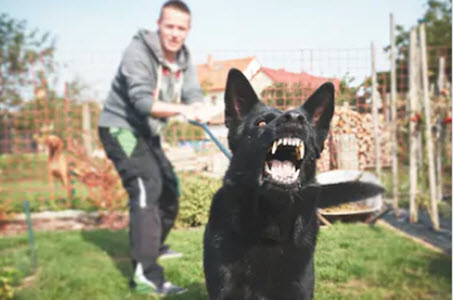Animal attacks often cause extremely serious injuries, especially if the victim is a young child. Yet many people own dogs, and these people are generally opposed to stern dog bite laws. So, Florida has a limited strict liability law. Owners are strictly liable for bite injuries, but not for other injuries, such as knockdowns. In these situations, victims must use a theory like scienter (knowledge). This legal theory applies if the owner knew the animal was potentially vicious.
Damages in a Hillsborough County dog bite case usually include compensation for economic losses, such as medical bills, and noneconomic losses, such as pain and suffering. A third party, such as a landlord, may be vicariously liable for these damages.
To obtain these damages, a Brandon personal injury attorney must establish either negligence of a violation of the strict liability law by a preponderance of the evidence. That’s the lowest standard of proof in Florida. Unfortunately, the low standard of proof also makes it easier for an insurance company to prove a legal defense in court.
Non-Bite Injuries
As mentioned, the strict liability law only applies to bite injuries.The knockdown, when the dog lunges at the victim, often causes other injuries. Commonly, the knockdown injuries are almost as bad as the bite injuries.
The line becomes even fuzzier with regard to other injuries. Many dog bite victims suffer from Post Traumatic Stress Disorder. It is difficult to trace PTSD to a bite as opposed to a non-bite injuries. The same thing applies to a post-injury infection.
Assumption of the Risk
This legal loophole, which is also common in slip-and-fall, swimming pool drowning, and other premises liability cases, has two basic prongs:
- Voluntary assumption of
- A known risk.
Normally, this defense only applies in scienter and other negligence claims. But in Florida, it may also apply in strict liability claims.
In animal attack claims, the assumption of the risk defense usually involves a “Beware of Dog” or other such warning sign. These signs make the assumption of the risk defense easier to prove, but they do not conclusively establish this defense. The insurance company must still prove that the victim could see the sign, read the sign, and understand what it meant. A sign in the front yard may not give adequate warning if the attack occurred in the back yard. Additionally, young victims or those with limited English proficiency may have limited reading or comprehension skills.
Contributory Negligence
Provocation is normally a defense in dog bite claims. But this word is narrowly defined. Sudden movements and aggressive teasing are not provocative. Instead, the victim must somehow inflict pain on the dog. Additionally, victims cannot accidentally provoke a dog. The provocation must be intentional.
These things are especially true in strict liability claims. The provocation defense is very difficult to establish in these cases. In scienter or other negligence claim, the standards are a bit more relaxed. Nevertheless, the basic components (physical and intentional act) are still there.
Connect with Tenacious Attorneys
Insurance company lawyers usually have some tricks up their sleeve in dog bite cases. For a free consultation with an experienced Brandon personal injury attorney, contact Reed & Reed, Attorneys at Law. We have four area offices (St. Petersburg, Lakeland, Tampa, and Clearwater).
https://needreed.com/common-defenses-in-motorcycle-crash-claims/

